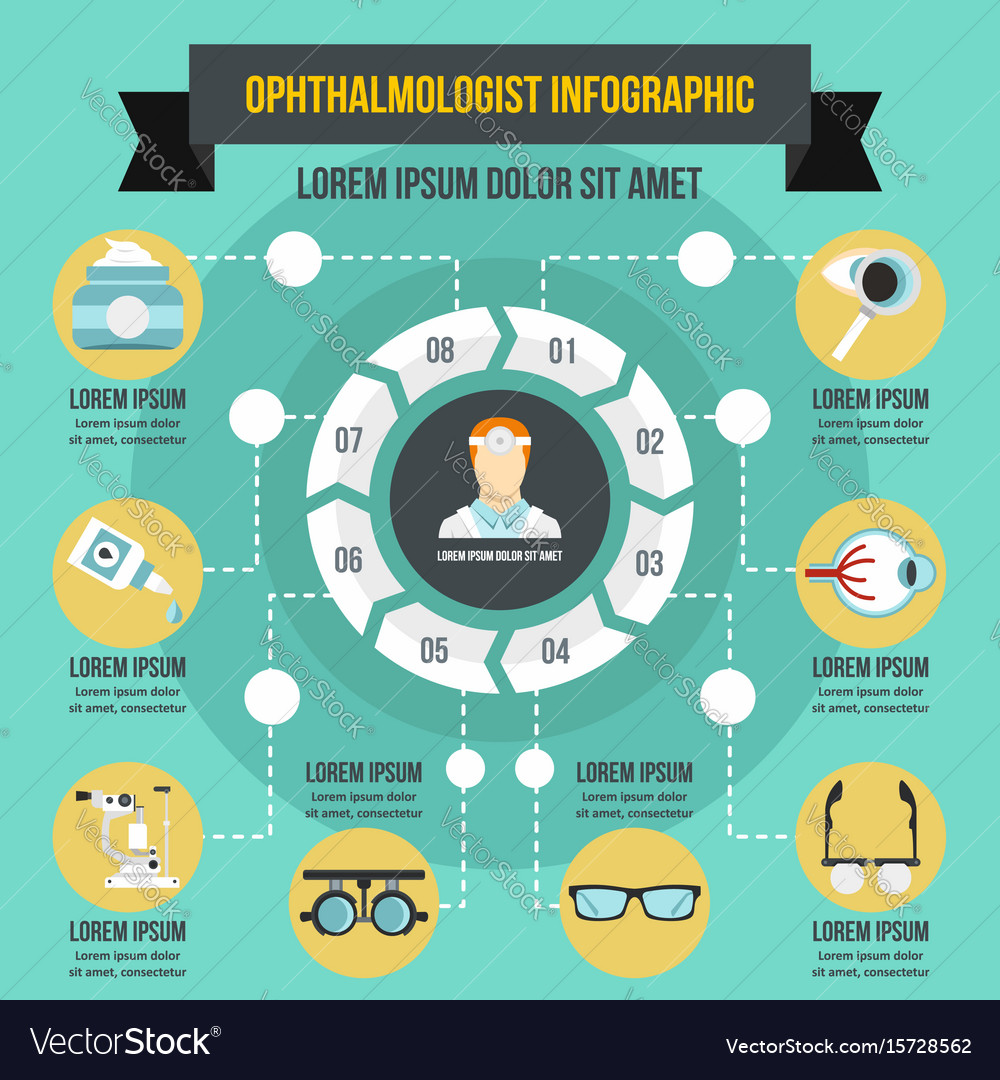The Future Of Correcting Vision: Refractive Lens Exchange

Write-Up By-Odonnell Newton
Think of a future where you no more need to rely upon glasses or call lenses to see clearly. A future where vision adjustment is as straightforward as a fast, painless treatment.
Well, that future is closer than you might assume. Introducing refractive lens exchange, a revolutionary method to correcting your vision that can change the method you see the world.
However just what is Kamra Inlays , and why is it took into consideration the future of vision adjustment? In Lasik In St Louis MO , we will certainly check out the benefits, the treatment, and the potential threats of refractive lens exchange, providing you a peek right into what exists in advance for those looking for more clear vision.
The Benefits of Refractive Lens Exchange
Refractive Lens Exchange supplies countless advantages for people seeking vision modification. By changing your natural lens with a synthetic intraocular lens, this procedure can remedy a wide variety of vision issues. One of the primary advantages of refractive lens exchange is the enhancement in visual acuity. Whether you're myopic, farsighted, or have astigmatism, this treatment can substantially enhance your ability to see clearly without relying upon glasses or contact lenses.
Additionally, refractive lens exchange can also stop the progression of specific eye problems, such as cataracts. This means that not only will you achieve better vision, yet you'll additionally have a decreased danger of creating cataracts in the future.
With refractive lens exchange, you can enjoy better vision and a better of life.
The Procedure for Refractive Lens Exchange
When undergoing refractive lens exchange, the cosmetic surgeon will certainly begin by making a tiny incision in your cornea. This allows them to access the lens of your eye and remove it.
Below are 5 vital actions associated with the procedure:
- The specialist will carefully break up the lens utilizing ultrasound waves or lasers.
- After eliminating the lens, they'll put a brand-new man-made lens, called an intraocular lens (IOL), into your eye.
- The IOL is developed to remedy your particular vision issues, such as nearsightedness, farsightedness, or astigmatism.
- Once the brand-new lens is in area, the surgeon will close the cut with tiny stitches or self-sealing strategies.
- The entire treatment typically takes less than thirty minutes and is commonly performed on an outpatient basis.
Complying with these steps, refractive lens exchange can offer you with boosted vision and decrease your reliance on glasses or call lenses.
Potential Threats of Refractive Lens Exchange
Prior to undertaking refractive lens exchange, it is necessary to recognize the prospective dangers associated with the procedure. While refractive lens exchange is usually thought about risk-free, like any type of procedure, there are dangers included.
One potential danger is infection, which can occur if bacteria goes into the eye throughout or after the surgery. Another risk is the development of raised intraocular stress, which can lead to glaucoma. In addition, there's a small chance of experiencing corneal edema, which is the swelling of the cornea.
Other possible dangers include retinal detachment, macular edema, and loss of vision. It's crucial to discuss these threats with your cosmetic surgeon and consider them against the possible advantages before making a decision.
Conclusion
So there you have it, people! Refractive lens exchange is absolutely the future of vision modification. With its many benefits and innovations in modern technology, this treatment offers a life-changing option for those fighting with their vision.
However remember, every climbed has its thorns. While refractive lens exchange may bring clearness, it is necessary to be knowledgeable about the possible dangers included. So, before taking the jump, consider the advantages and disadvantages, and speak with your ophthalmologist.
Besides, Lasik Surgery -free than sorry!

